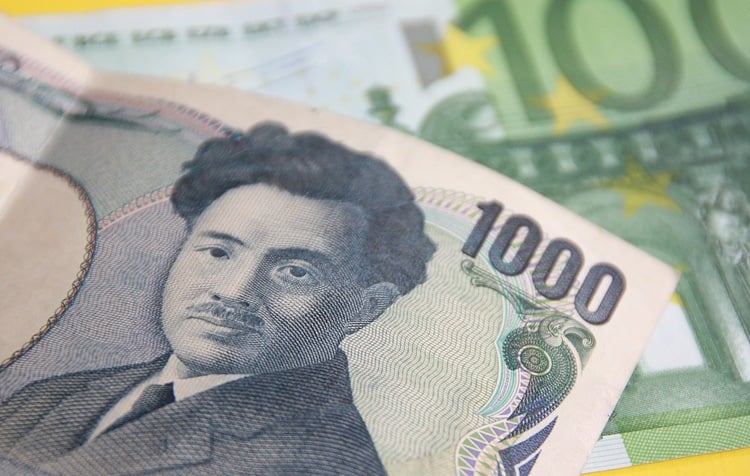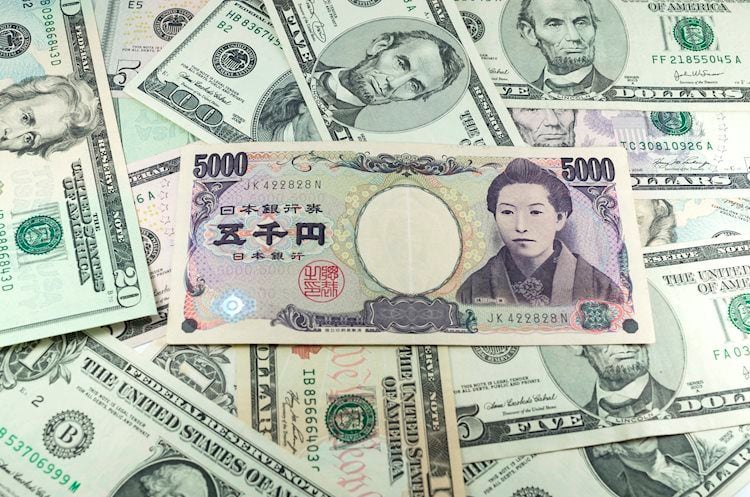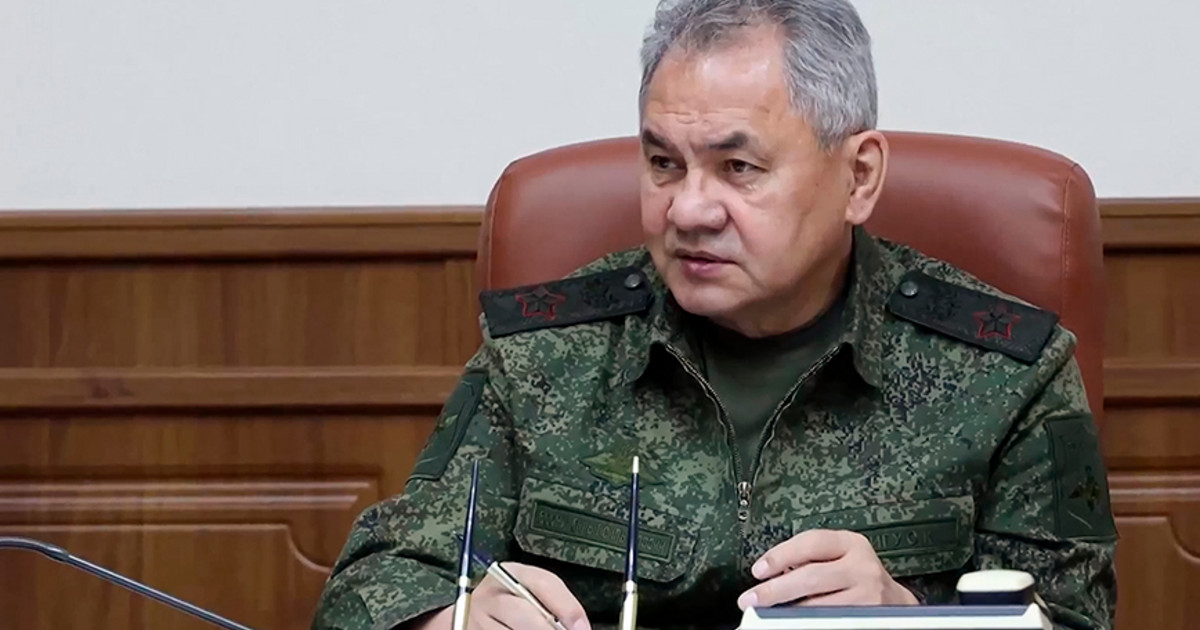Gloria Maria died this Thursday (2), from complications of brain cancer. Glória had been hospitalized at the Copa Star hospital, in Copacabana, since January 4th. In December of last year, the journalist was removed from the presentation of “Globo Repórter” to take care of her health.
A pioneer in the field, Glória Maria is the owner of historic moments in Brazilian journalism. She remembers some remarkable moments in her professional and personal life:
1 – Premiere
Glória Maria’s debut as a reporter took place in 1971, for Rede Globo, when she covered the collapse of Elevado Paulo de Frontin, in Rio de Janeiro.
2 – Live and in color
The reporter commanded the first live and color story on Rede Globo, in 1977. Ready to show the movement of cars on a weekend on Avenida Brasil, in Rio de Janeiro, she had to improvise.
With just one minute to go live on Jornal Nacional, the light equipment burned out.
Roberto Padula, a cameraman who accompanied her, turned on the headlights of the news car to illuminate Gloria’s face, who had to kneel at the light’s height.
3 – Interview with international names
As a reporter for the Sunday program “Fantástico”, on Rede Globo, Glória Maria covered several historical moments.
One of his most outstanding sports coverage was during the 1984 Olympics in Los Angeles, when he managed to speak with the athlete Carl Lewis, then world champion of the 100 meters dash.
In the conversation, the athlete anticipated, with exclusivity, part of the Olympic oath he took during the Games.
The following year, at Rock in Rio, she spoke with Freddie Mercury, legendary lead singer of the band Queen. Mick Jagger, Harrison Ford, Elton John, Nicole Kidman and Madonna are some of the other names that make up the extensive list of Glória interviewees.
4 – Conversation with Michael Jackson
In 1996, Michael Jackson, one of the biggest names in music, visited Brazil to record the music video for “They Don’t Care About Us” on Morro Dona Marta, in Rio de Janeiro, and in Pelourinho, in Salvador.
He did not grant interviews, but made an exception for Glória Maria, who got the King of Pop to send a quick message to his Brazilian fans.
Let’s remember the eternal Glória Maria reporting the greatest professional experience of her career: being chosen by Michael Jackson to be the only reporter to interview him during his visit to Brazil. pic.twitter.com/x8OIzrFz9e
— BCharts (@bchartsnet) February 2, 2023
4 – First report in HD
Following the pioneering spirit of Brazilian journalism, Glória Maria was responsible, alongside Zeca Camargo, for the first HD reportage on television.
In charge of “Fantástico”, she aired an article about the pike festival, a fruit adored by the Camaiurás, one of the fourteen indigenous ethnic groups of the Xingu National Park.
Protagonist of the first live color entry on Jornal Nacional, Glória Maria made the first HD report on Brazilian television, recorded in Alto do Xingu pic.twitter.com/QQ93JoBprq
— Marcelo Monteiro (@mrclmonteiro) February 2, 2023
5 – No gravity
Also in 2007, Glória Maria participated in a NASA event where she experienced zero gravity. The journalist, the only Brazilian invited, left Earth’s orbit with other professionals in the field.
what a special person Gloria Maria was. here, she orbited Earth to experience zero gravity. first Brazilian journalist to participate in the NASA event. first journalist in so many, many, many things… lucky for us pic.twitter.com/MVGiLld3Ug
— Lare (@laressa) February 2, 2023
6 – Numerous passports
At the head of “Fantástico” and “Globo Repórter” throughout her career, Glória Maria visited more than 100 countries. Recently, in an interview with Tatá Werneck, the journalist revealed that she had already lost count of how many places she visited – some of them don’t even exist anymore.
7 – Highest bungee jump
In 2017, the journalist jumped from the highest bungee jump in the world in Macau, China. It is 233 meters high, the equivalent of a 78-story building.
8 – Trip to Jamaica
As with the biggest bungee jump in the world, Glória Maria went viral on social media when she visited Jamaica. The journalist participated in a local ganja ritual and smoked the herb in a pipe.
In 2017, in an interview with Ana Maria Braga during the program “Mais Você”, Glória gave more details about the trip.
“Women cannot be seen for several days a month, they can only be touched during the fertile period. So, to enter there, we had to go through the whole ritual: pray, kneel on the ground, meet the whole community. And, when saying goodbye, you had to smoke that pipe, it was part of the negotiation, ”she said.
The reporter also said that it took her about 10 hours to sober up and that she didn’t recognize herself. “They considered me a deity because I smoked, I didn’t choke and they saw that I came out of myself,” she explained.
“When it was over, they said ‘you’re a Rastafarian’ and I said no, that I’m Catholic, with Buddhist and Kabbalah precepts. They said that in other lives I was a Rastafarian.”
I was remembering one of the funniest memories I have of Glória Maria and the time she went to Jamaica is at the top of my list 🤣
I watched this report on television with my mother and it was a night where we laughed a lot
Glory will be eternally glorious! pic.twitter.com/hVnYteFoNv
— Bryanna Nasck (@BryannaNasck) February 2, 2023
9. Mystery about age
Glória Maria always hid her age. Over time, so much mystery became a joke. In 2019, in an interview with Patrícia Kogut, from the newspaper O Globo, she said that she never hid the year she was born, since she always needed to show her identity to carry out her travels.
However, he said he wanted to “keep the curiosity” of the public. “Everyone is intrigued because I have almost 40 years of journalism. Three or four generations have seen me on TV. Then they think: “This woman is 200 years old”. What am I going to do?”, she explained.
This Thursday (2), the day of her death, it was announced that the journalist left us at the age of 73.
10. Afonso Arinos Law
In 1970, Glória Maria was the first woman to use the Afonso Arinos Law against a manager of a luxury hotel who did not allow her to enter through the front door.
The law, created in 1951, was the first Brazilian code to include the “practice of racial and skin color prejudice” among criminal misdemeanors.
11. Therapy
In 2016, in an interview with Marília Gabriela, Glória revealed that she underwent years of therapy to deal with prejudice. “I did 20 years of therapy, so racism doesn’t bother me anymore, prejudice is something that exists, I will always fight against it, but it doesn’t hurt me anymore”, she said.
“Prejudice is something that does not end, but it has several faces. Now I’m at a level where people don’t say ‘You’re not going to do this because you’re black’. Today it is very subtle, it is more elaborate, because I am also a more elaborate person”.
In 2022, during her participation in “Roda Viva”, on TV Cultura, the journalist spoke about how to deal with racism and whether fame interferes with her reaction to discrimination: “Nothing blinds black people from racism”, she replied.
12 – Civil Status
In addition to her mysterious age, Glória Maria’s marital status was also a reason for “discussion”. In interviews, she said she was neither single nor married, but in 2017, already divorced, she revealed that she was married for eight years to Frenchman Eric Auguin.
In 2021, during a live with Narcisa Tamborindeguy, Glória said that she had already dated five at the same time: “It was a time when there was no internet or social networks, so we lived and were not worried about the lives of others. I don’t care, I live, I’m free. If I get worried about it at this point in my life, I’m going to go crazy,” she said.
13 – Family
The reporter was the mother of two teenagers: Maria, 15 years old and Laura, 14. The sisters were adopted in 2009, in Bahia. “I never wanted to be a mother, work filled me, my life was perfect”, she said during an interview with the program “Encontro”.
“They came about by chance, I had never thought about having children until I saw them for the first time and I was sure they were my daughters. This is something I cannot explain, ”she said.
Source: CNN Brasil
I’m Robert Neff, a professional writer and editor. I specialize in the entertainment section, providing up-to-date coverage on the latest developments in film, television and music. My work has been featured on World Stock Market and other prominent publications.






